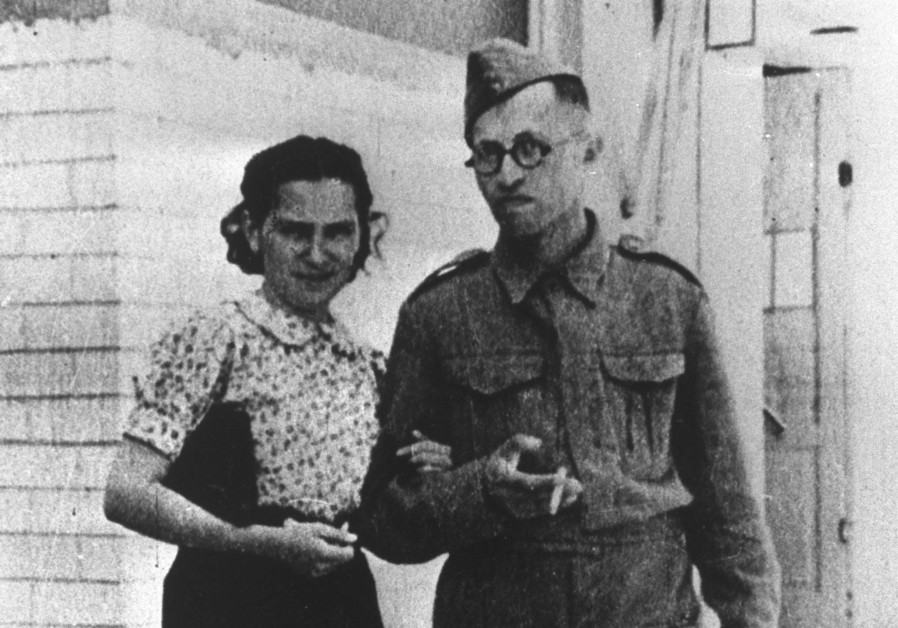In the course of my long lifetime, I have met many people from all segments of society and many of them left a deep impression, But there is one man I met and spoke to for only a few minutes whom I will never forget – Menachem Begin, Israel’s sixth prime minister.At the time, from 1979 to 1993, I was working as the Press Officer and spokesperson for Shaare Zedek Medical Center, where he had been hospitalized with pneumonia. Part of my duties, which mainly involved liaison with the media and writing press releases, was to spend time with important donors who visited the hospital, and also to visit high-level patients and ensure that they had everything that they needed.Naturally, there was great media interest in everything to do with the prime minister. A modest, humble man, he had won the election as premier in 1977 and had led Israel to its first peace treaty with an Arab State – Egypt; but also into its fifth major war by invading Lebanon in June 1982 – a conflict that created political and social divisions within Israel. The object was to force the PLO out of rocket range of our northern border, which is why it was named the “Peace for Galilee” campaign. He had wanted a short, limited Israeli involvement to destroy the PLO’s infrastructure. But the invasion went much further, until Israeli soldiers besieged Beirut with the aim of driving the PLO out of all of Lebanon. A terrible blow to Israel’s image occurred in 1982, when defense minister Ariel Sharon agreed to let the Christian Phalangist militia enter Sabra and Shatilla, two Palestinian refugee camps in Beirut. It led to a massacre of Palestinian civilians, including women and children, slaughtered by the Phalangis.
The writer is the author of 14 books. Her latest novel is Searching for Sarah. dwaysman@gmail.com
